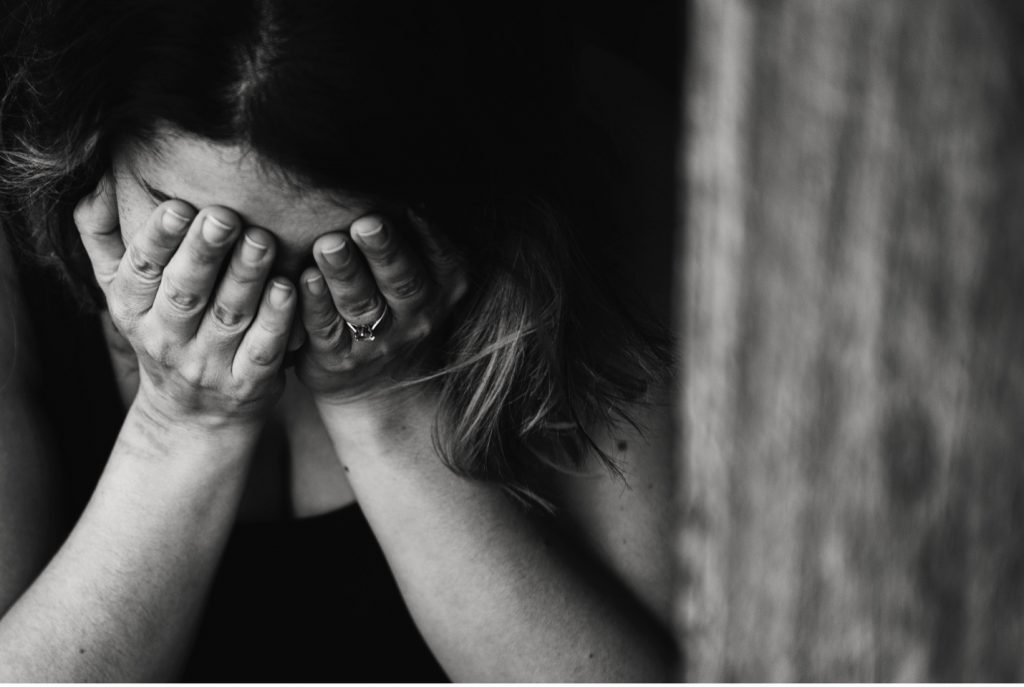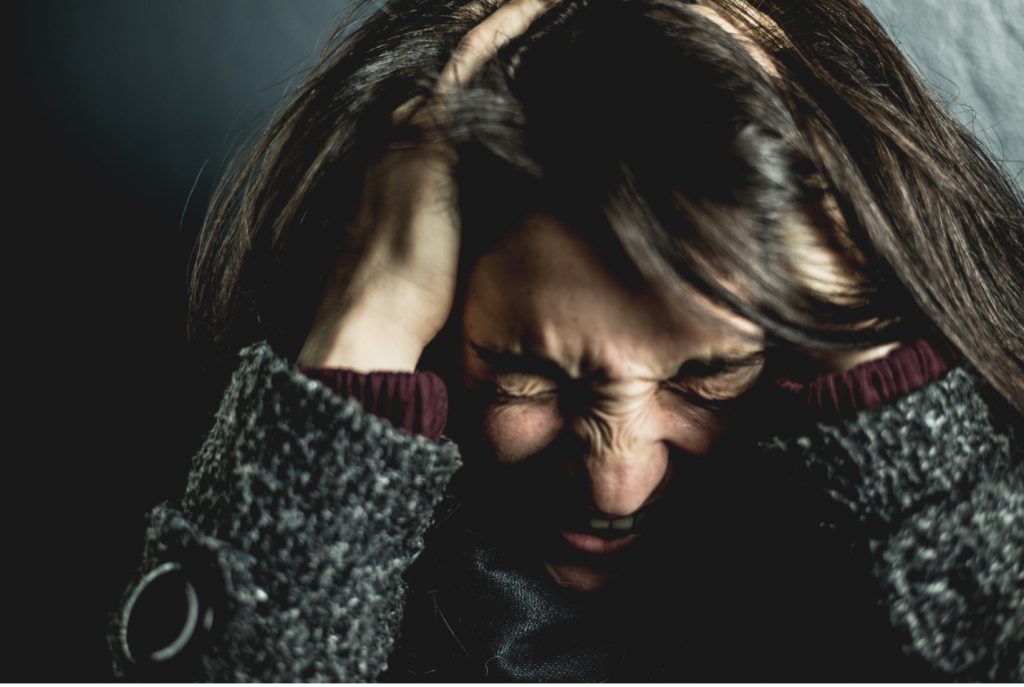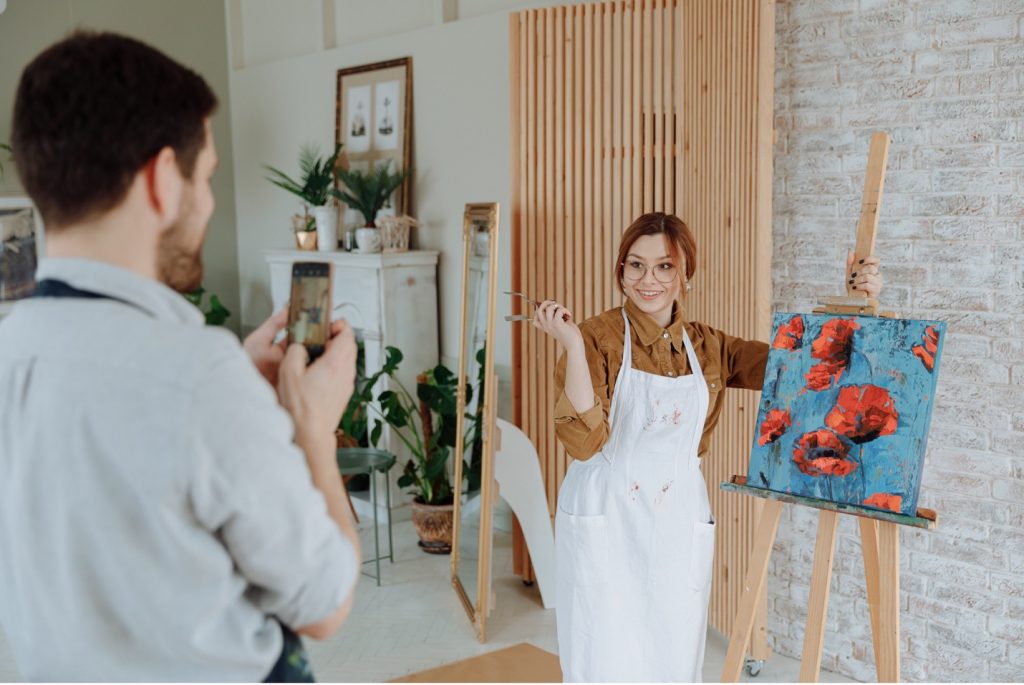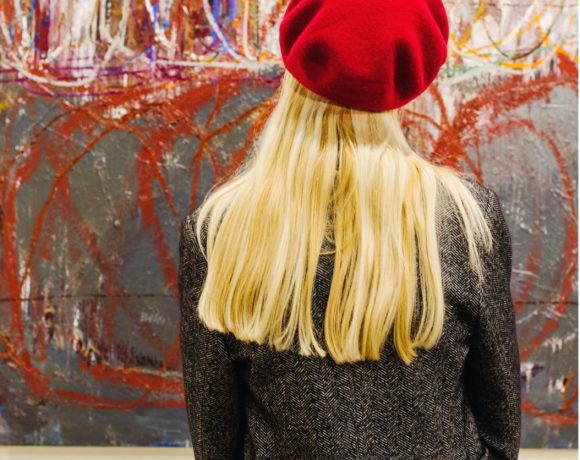The world of art is vast, including music, painting, drawing, writing, sculpting, and more. You can use artistic endeavors to strengthen yourself during a period of a mental health crisis. Here is information on how art can help you through some of life’s most challenging problems.
MENTAL HEALTH CRISES ART CAN HELP YOU CONQUER
No matter the situation, you can always turn to an artform to get you through it. These are a few of the mental health crises that can be improved by creating art:
Depression
Depression touches more than 17 million people in the U.S. alone1. It often leads to feelings of worthlessness, lack of accomplishment, and overall emptiness. Getting involved with artistic work can combat those feelings because of the positive emotions it can bring. Creating a song might make you feel accomplished as a writer, singer, and musician, for example. Drawing a lifelike picture can give you a sense of achievement. Creating a gorgeous sculpture of someone you love can give you confidence about your gifts and purpose.
Divorce
People experience a multitude of emotions when they undergo divorce proceedings. Depression, fear, and lack of purpose are three common emotional reactions to losing an integral long-term relationship. Discovering your identity in art can bring you out of the emotional avalanche of a divorce. It can place your life into perspective and help you find your most treasured creativity. Your artwork2 can also help you create a business that could earn you the money you need to pay your bills after your marriage ends. You might become a renowned painter after using your pain to create an irresistible work of art.

Photo by Pexels
Job Loss
The loss of a job can be one of the most devastating experiences in life. It can be worse for you if it’s a job on which you based the future of your career. The arts can help you bounce back from a job loss. Maybe you have a knack for writing3 poetry, stories, and journals. You can use all your frustration and disappointment to create a heartfelt poem that you could later turn into a popular song. Maybe you can write a story about the adventures you had while you were on the job. That story could even end up being a best-seller.

Anxiety
Anxiety can cause life-crippling fear that can disrupt and destroy your attempts to move forward. You can find a remedy in creating art, however. One benefit of using art to combat anxiety is that it will help you focus. Keeping your mind focused on your projects will block out the negative or fearful thoughts that enter your mind. Furthermore, you’ll have the courage to accomplish something, and you’ll benefit even more once you’re finished with your project. Painting and writing require a lot of concentration, so they might be just the thing you need to harness your creativity and tamp down your anxiety.
Loneliness
Sometimes, you might just be lonely. Your artwork can become your best friend once you put your heart and your best work into it.
Drug Addiction
Drug addiction4 puts a strain on your mental health and psyche for numerous reasons. It can cause you to lose relationships and job prospects, and it can cause you financial problems that invite depression into your life. Artwork is an excellent element to add to your recovery regimen. It can be a good form of distraction or replacement therapy. It can also teach you things about yourself that you may not have known. You might be an incredible artist, for example. Taking the time to explore the arts while recovering from your addiction can help to shape your artistic abilities. It’s not uncommon for certain drug and alcohol addiction programs to offer alternative therapies that implement art. That means starting an art journey puts you on the right track toward battling your addiction.

Photo by Pexels
TIPS FOR USING ART TO IMPROVE YOUR MENTAL HEALTH
Now that you know that you can use art to improve your mental health, you just need to know how you can make it happen. These are some tips for incorporating art into your mental health and wellness:
Find Your Niche
First, you need to figure out which art form is most feasible for you to get involved in. You can do that by trying a few different things and then choosing the medium that makes you the happiest. You may have more than one talent, but you should focus on one that you can nurture.
Think About Your Purpose
Think about how you want to use your talent aside from improving your mental health. Ask yourself if you can benefit from it financially or in some other way.
Gather Your Supplies
Gather all the supplies you need for your activity. Go out and buy yourself a large canvas and all the colors in the rainbow if you’re going to paint, for example. Get yourself some studio equipment for your songs. You get the idea.

Photo by Pexels
Meet Like-Minded People
Being surrounded by individuals with the same goals and talents is essential. Those people can be a support system during this challenging time or be collaborators, advisors, and mentors.
Enjoy Everything You Do
Don’t ever rush a work of art or force yourself to create art when you don’t want to. The whole point of partaking in art is to enjoy it. So, delay working on your craft until you’re in the mood to give it your best. You’ll enjoy the finished product much more knowing that you had a fabulous time creating it.
START USING ART TO ITS FULL POTENTIAL
Now you know how you can take advantage of your artistic abilities to help resolve common mental health issues. Using the information above to improve the quality of your life and eliminate mental health imbalances can not only be beneficial, but a chance for personal discovery.
Author Bio: Dr. Harshi Dhingra is a licensed medical doctor with specialization in Pathology. She is currently employed as faculty in a medical school with tertiary care hospital and research center in India as well as a medical review for Sunshine Behavioral Health. She has vast experience of over a decade in diagnostic, clinical, research and teaching work. She has strong interest in medical content writing and reviewing. She also has several publications and citations in indexed peer reviewed journals.
Sources:
1 nimh.nih.gov – Major Depression
2 health.harvard.edu – The Healing Power of Art
3 creativenonfiction.org – Writing Memoir and Writing Therapy
4 ncbi.nlm.nih.gov- The Use of Art and Music Therapy in Substance Abuse Treatment Programs
All images courtesy of Pexels.com









NO COMMENT